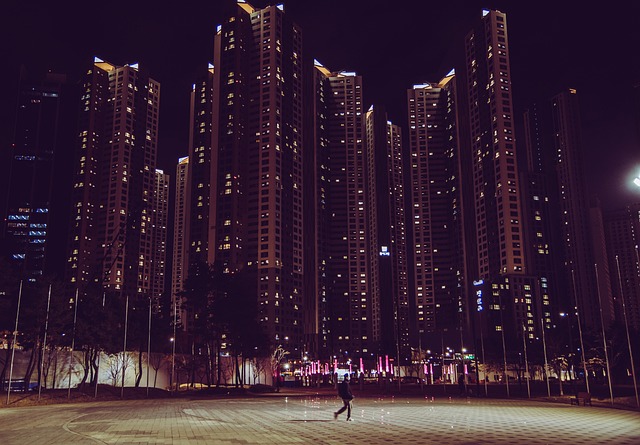Welcome to a workshop on Human-Building Interaction organized by Nur Samancioglu and Raúl Castaño-Rosa! Participation is open for Tampere Universities staff and students.
- Time: Tuesday, December 10, from 9:00 AM to 2:00 PM
- Place: Hervanta campus, Tietotalo TC114 (Korkeakoulunkatu 1)
- Sign up by December 6: https://forms.office.com/e/W1ymF0aKMa
The workshop will explore topics such as smart meters, energy management systems, and their roles in addressing energy poverty and demand flexibility, with a focus on user and behavior-related insights. Participants can expect to gain:
- Practical insights into tackling energy poverty and demand flexibility within building systems.
- Hands-on experience through workshop sessions to discuss and collaboratively explore solutions.
- Opportunities for networking and discussion with experts and peers interested in energy-efficient, sustainable building practices.
The guest speaker of the workshop is Simon Elam, Principal Research Fellow at UCL’s Bartlett School of Environment, Energy & Resources. He will lead presentations on the workshop themes, after which we transition into interactive workshop sessions. The detailed agenda of the day:
- 9:00 Arrival and coffee, welcome and short introductions
- 9:15 Research/Research group, Simon Elam, Principal Research Fellow, Bartlett School Env, Energy & Resources, UCL
- 9:30 Energy Poverty, Simon Elam
- 9:45 Workshop session 1 – Energy Poverty
- 10:45 Discussion
- 11:15 Lunch
- 12:00 Demand Flexibility, Simon Elam
- 12:15 Workshop session 2 – Demand Flexibility
- 13:30 Discussion
- 14:00 Workshop ends
Refreshments: Coffee and snacks will be provided.
Join this engaging session and kindly confirm your attendance by December 6 through this form: https://forms.office.com/e/W1ymF0aKMa
The workshop is a part of the broader Human-Building Interaction initiative funded by DigiSus. This initiative, a collaboration between the Faculty of Information Technology and Communication Sciences and the Faculty of Built Environment, explores occupants’ decisions regarding the use of smart technology for sustainable energy practices within residential buildings.

